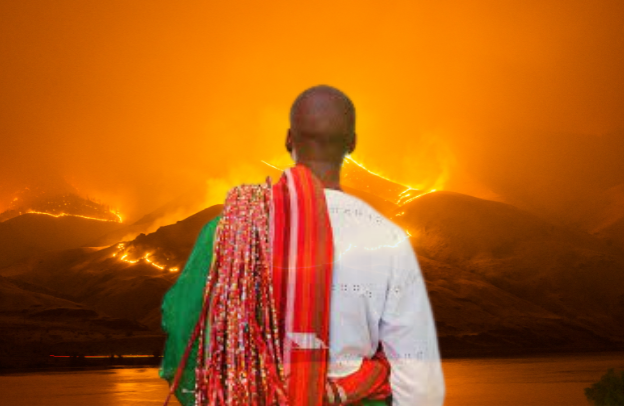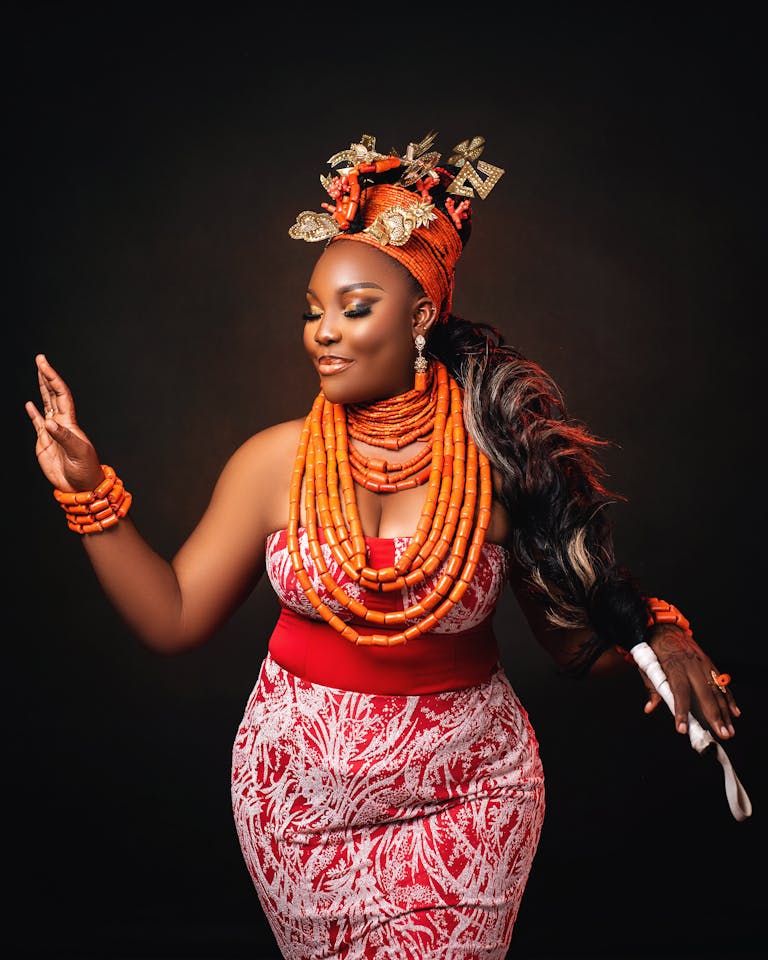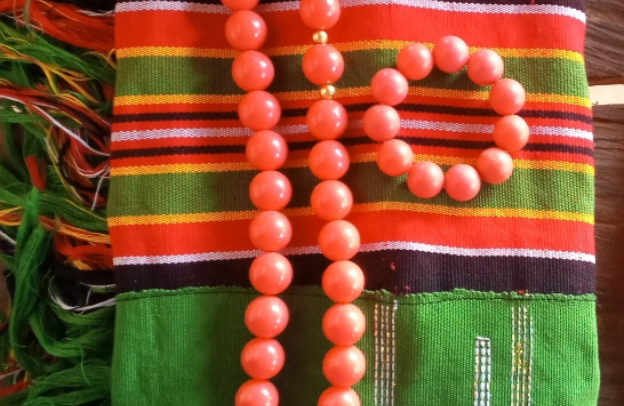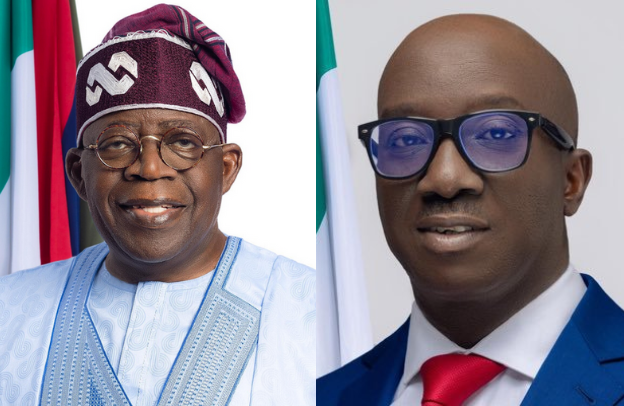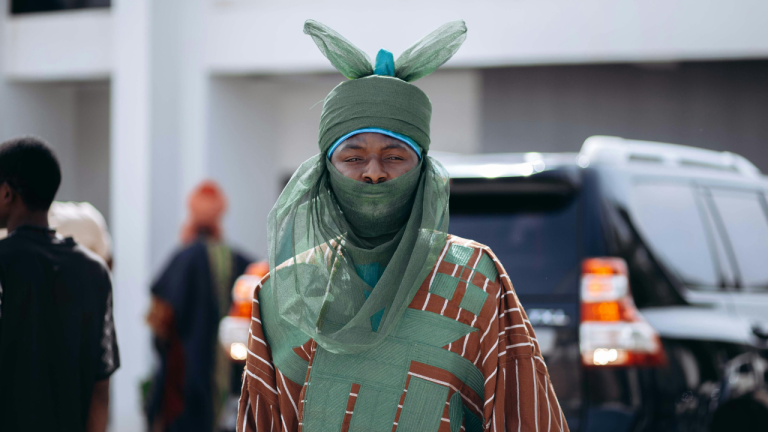The Power to Remember: How African Oral Tradition Shapes Young Minds
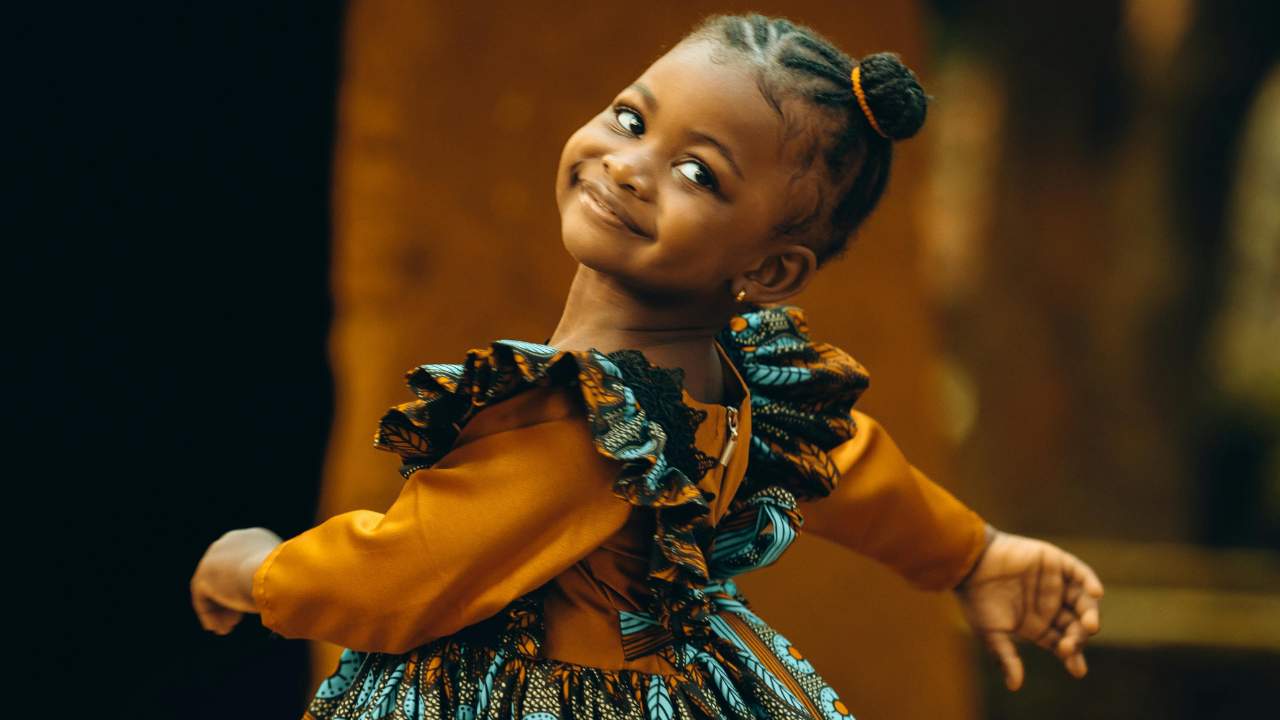
Imagine a small village in Esanland, Nigeria, where an elder sits beneath a mango tree, surrounded by children. His voice rises and falls like the rhythm of a drum as he tells a story about a brave girl who once outsmarted a lion to save her village. The children listen, wide-eyed, mouthing the words they already know by heart. This is not just a tale. It is a lesson, a memory, and a gift passed down through generations. It is education, African style.
Learn How to Leverage Your Story through our Story To Asset Framework.
Many people think learning only happens in classrooms, with pencils, books, and tests. But in Africa, long before schools as we know them existed, children learned through memory. They listened to elders, repeated wise sayings, and sang songs that carried deep meaning. Memory was, and still is, the heart of learning.
Memory Is More Than Remembering
According to an article on Psychology Today, “The power of memory lies in its ability to serve many purposes. It allows us to revisit and learn from past experiences, store knowledge about the world, and adjust our behavior based on experience. Memory also enables mental time travel, allowing us to picture not only the past but also a version of the future.”
Memory is more than the ability to recall facts — it’s the thread that ties us to our identity, our roots, and our collective heritage. In many African communities, memory is seen as a vessel, like a woven basket, holding the essentials of life: history, values, language, stories, and moral lessons. Without it, these vital pieces of identity risk vanishing — like smoke carried away by the wind.
“Memory in African culture is a living force,” says Dr. Amina Mama, a renowned scholar of African studies. “It keeps stories, songs, and wisdom alive. It connects the young and the old.” This intergenerational connection is more than symbolic — it grounds young people in a sense of belonging, instills confidence, and teaches them right from wrong.
See also The Power of Your Book 2024: Celebrating African Storytelling and Literary Heritage
Dr. Amina Mama is a Nigerian-British feminist activist, scholar, and researcher whose work bridges continents and disciplines. She has lived and worked in Nigeria, South Africa, the UK, the Netherlands, and the United States.
From 1999 to 2009, she played a pivotal role in building the African Gender Institute at the University of Cape Town into a continental hub for feminist research and transformative scholarship.
Mama is the founding editor of Feminist Africa, a groundbreaking journal dedicated to gender studies on the continent. Her influential publications include Beyond the Masks: Race, Gender and Subjectivity (Routledge, 1995), Women’s Studies and Studies of Women in Africa (CODESRIA, 1996), and Engendering African Social Sciences (co-edited, CODESRIA, 1997), among many others.
Deeply committed to integrating activism with academic inquiry, her research spans culture, identity, political structures, women’s movements, and militarism. In 2010, she co-produced The Witches of Gambaga, a powerful documentary with filmmaker Yaba Badoe, shining a light on the lives of accused women in Northern Ghana.
For Dr. Mama and many others, memory is not static. It breathes, speaks, and teaches. It is the heartbeat of culture, a force that sustains, transforms, and unites.
Storytelling: The African Blackboard
In traditional African settings, storytelling is a powerful teaching tool. A single story can carry many lessons about bravery, honesty, love, and hard work. When elders tell stories, they don’t just speak.
They act, sing, and ask questions. Children are encouraged to repeat parts of the story or explain what they learned. This kind of learning sticks. It’s fun, active, and filled with meaning.
In Nigeria, different folktales are often told to children to teach timeless values like unity, kindness, and community. These stories act as invisible classrooms where memory is the chalk, and the mind becomes the blackboard. They don’t just entertain; they educate, preserve, and pass on wisdom from one generation to the next.
See also The Role of Group Tourism in Preserving and Promoting African Diaspora Culture
Among the Akan people of Ghana, the proverb “Se wo were fi na wosan kofa a yenkyiri”, “It is not wrong to go back for that which you have forgotten,” urges people to return to their roots and reclaim their cultural heritage.
This idea is at the heart of Sankofa, an African philosophy that reminds us to look back, retrieve what is valuable from the past, and use it to build a better future.
This reverence for memory and tradition is not limited to the continent. Across the African diaspora, voices like Obehi Ewanfoh are keeping this cultural flame alive.
Through his platform, The Obehi Podcast, he has interviewed over 1,000 individuals from across the global African community, entrepreneurs, artists, scholars, and cultural leaders, all sharing their personal narratives and professional journeys.
Based in Verona, Italy, Nigerian-born content creator and researcher Obehi Ewanfoh uses storytelling to connect people, preserve memory, and elevate the voices of Africans and their descendants worldwide.
Whether in a village tale or a podcast episode, memory continues to shape identity and light the path forward.
Repetition: The Mother of Memory
African learning has always valued repetition. Proverbs are said over and over until they become part of everyday thinking. Songs are sung daily to teach counting, moral lessons, or local history. This repeated learning helps children remember with ease.
Science agrees. Dr. John Sweller, a cognitive scientist, explains in his Cognitive Load Theory that repeated exposure helps the brain store knowledge in long-term memory. African elders knew this long before scientists gave it a name.
Even games like clapping rhymes or counting songs have a purpose. They build memory, language, and rhythm, all while bringing children joy. For example, in Yoruba communities, Ayo (a traditional board game) teaches strategy, counting, and memory. It’s not just play—it’s brain work.
From Village Circles to Classrooms
Now that many African children attend modern schools, how can these traditional memory methods be used in classrooms? The answer is: very easily.
Teachers and parents can tell folk tales during lessons, especially when teaching morals or local history. They can use proverbs to explain big ideas in simple ways. For example, when teaching about cooperation, they can use the Igbo saying: “When the right hand washes the left, the left also washes the right.”
See also How Group Tourism Fosters Mutual Understanding Among African Diaspora Communities
Songs and chants can be used to teach math tables, science facts, or even language rules. Movement and rhythm help children remember better, especially those who learn by doing.
Educators in countries like Kenya, Ghana, and Nigeria are already beginning to include these techniques in what is called “indigenous knowledge systems.” UNESCO supports this approach, noting in its 2019 report on Learning to Become that “culture and memory shape how children understand and interact with the world.”
Memory Builds Identity and Pride
One of the biggest gifts memory gives is a strong sense of identity. When a child knows their family history, local heroes, and traditional values, they stand taller. They feel proud of who they are.
See also Unlocking the Power of Memory: Why Building Strong Memories Matters.
In the story of Queen Idia of Benin, young girls learn about a powerful woman who led with wisdom and strength. In the tale of Anansi the Spider, children see how clever thinking can solve big problems. These are not just stories. They are mirrors that show children the greatness in themselves.
African memory traditions also teach responsibility. Children learn from an early age that their words and actions have meaning. When they hear stories of people who helped their communities or protected the land, they are inspired to do the same.
The good news is, it’s never too late to bring memory techniques back into daily life. Parents can tell bedtime stories in their local languages. Grandparents can teach proverbs and songs they learned as children. Teachers can blend African wisdom with modern subjects.
A Memory Revolution
The time has come for a memory revolution in African education. Not the kind that simply helps children pass exams, but the kind that builds whole, proud, and wise individuals.
By valuing traditional ways of remembering, through story, song, repetition, and reflection, we can teach children not just to learn, but to love learning. Not just to remember facts, but to remember who they are.
Learn How to Leverage Your Story through our Story To Asset Framework.
